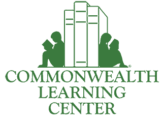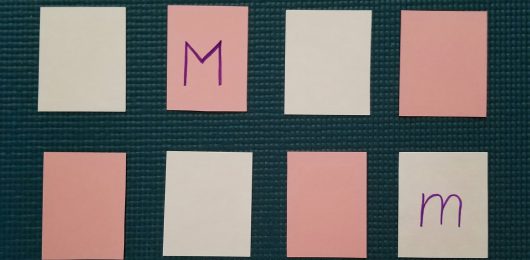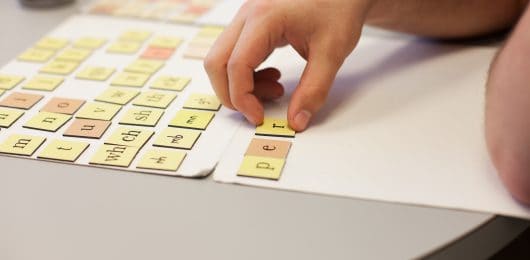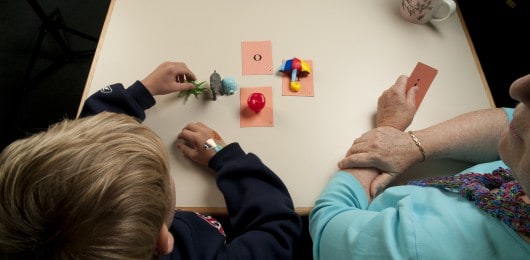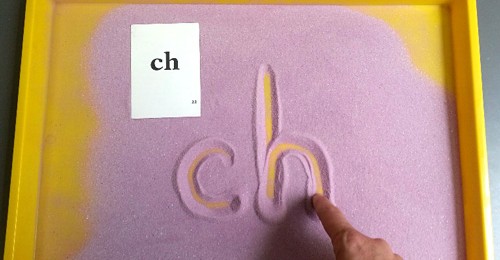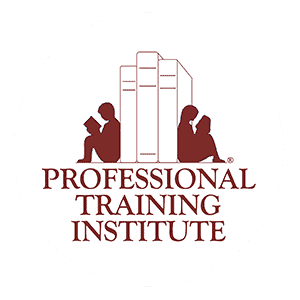Literacy Home Activities for Young Learners
Lisa M. Brooks, F/AOGPE2023-09-13T08:36:30+00:00As we remain inside during these uncertain times, caregivers have become teachers—and Commonwealth Learning Center is here to help with some hands-on literacy practice ideas for young learners. Alphabet Work Here are a few activities kids can do with plastic letters or letter cards, shaving cream, and clay or pipe cleaners: Arrange letters in alphabetical order, with a model if needed. Devise a memory game to match uppercase to lowercase letters. Form letters out of clay, pipe cleaners, or Wikki Stix. Practice handwriting in a multisensory way: Place a small amount of shaving cream or flour in a baking tray. Have children form [...]
